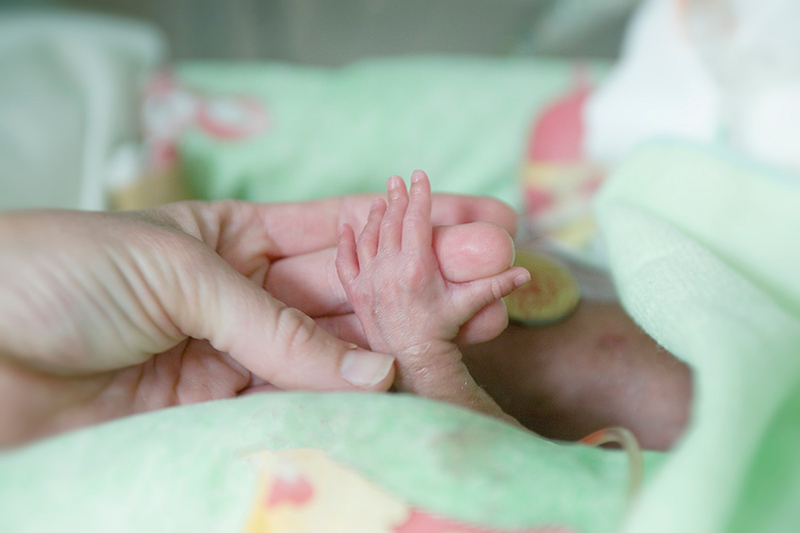
WHAT:
The survival rate of extremely preterm infants born from 2013 through 2018 in a large network of U.S. research centers improved to 78.3%, compared to 76% for infants born in the network from 2008 to 2012, according to researchers funded by the National Institutes of Health. Their study included more than 10,000 infants born at 22 to 28 weeks of pregnancy at 19 centers of the Neonatal Research Network funded by NIH’s Eunice Kennedy Shriver National Institute of Child Health and Human Development (NICHD). It was led by Edward F. Bell, M.D., of the University of Iowa, Iowa City, and appears in the Journal of the American Medical Association.
In the study, survival was greater for infants born later in pregnancy, with 94% of those born at 28 weeks surviving to hospital discharge and roughly 11% born at 22 weeks surviving to discharge. Survivors were assessed at 2 years corrected age—a child’s chronological age, minus the number of weeks the child was born preterm. Slightly more than 8% had moderate to severe cerebral palsy, 1.5% had vision loss in both eyes, 2.5% needed hearing aids or cochlear implants, and 15% required mobility aids such as braces, walkers, or wheelchairs. Nearly 49% had no or only mild neurodevelopmental impairment, about 29% had moderate neurodevelopmental impairment and roughly 21% had severe neurodevelopmental impairment.
The causes of preterm birth are only partially understood. The researchers noted that the infants were treated at academic medical centers and their health outcomes may not reflect those of the whole U.S. preterm population. Additional funding for the study was provided by NIH’s National Center for Advancing Translational Sciences.
WHO:
Michelle Walsh, M.D., of the NICHD Pregnancy and Perinatology Branch, is available for comment.
ARTICLE:
Bell, E. F., et al. Mortality, in-hospital morbidity, care practices, and two-year outcomes for extremely preterm infants in the United States, 2013-2018. Journal of the American Medical Association. 2022.
###
About the Eunice Kennedy Shriver National Institute of Child Health and Human Development (NICHD): NICHD leads research and training to understand human development, improve reproductive health, enhance the lives of children and adolescents, and optimize abilities for all. For more information, visit https://www.nichd.nih.gov.
About the National Institutes of Health (NIH): NIH, the nation's medical research agency, includes 27 Institutes and Centers and is a component of the U.S. Department of Health and Human Services. NIH is the primary federal agency conducting and supporting basic, clinical, and translational medical research, and is investigating the causes, treatments, and cures for both common and rare diseases. For more information about NIH and its programs, visit https://www.nih.gov.

 BACK TO TOP
BACK TO TOP